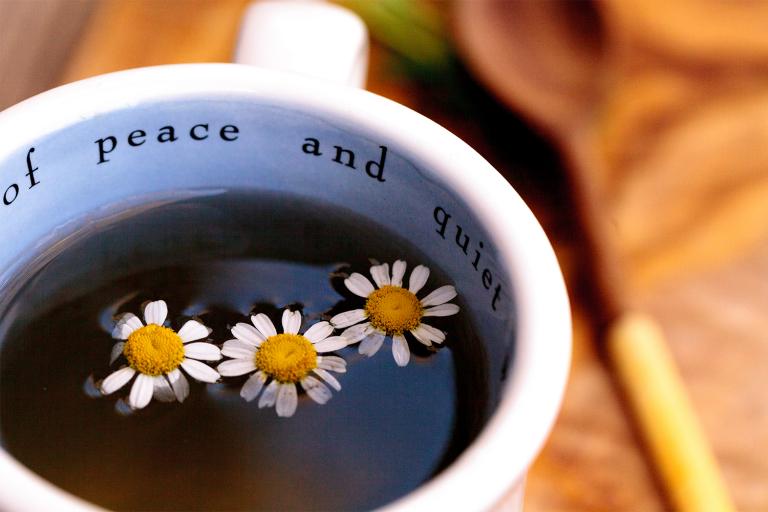We all know getting a full night's rest is important. It can seem hard, but if we understand what affects our sleep, solving insomnia gets easier.
Questions About Sleep Deprivation
-
How Many Americans Suffer from Insomnia?
Whether the reason is anxiety, depression, pain, or some other factor, about 50 to 70 million Americans experience some form of insomnia, according to the National Institutes of Health.
-
What Can Interfere with Sleep Patterns?
Even something as simple as changing the clocks for daylight-saving time can interfere with sleep patterns. It can make you fall short of the eight hours necessary to be creative and energetic—and to keep your immune system functioning properly.
-
Why is Getting Enough Sleep Important?
Why do you need at least seven to eight hours of sleep? REM (rapid eye movement) sleep, which takes place throughout the night, occurs for the longest periods at the end of the sleep cycle.
According to Hyla Cass, MD, that’s when “the brain replenishes its supply of neurotransmitters, such as noradrenaline and serotonin, which are crucial for new learning and retention as well as for mood.”
How to Sleep Better
If you’re sleep deprived, try these simple steps for snoozing.
-
Stick to a Routine
It’s important to establish a sleep routine and stick to it.
-
Choose a regular bedtime and preface it with a warm bath.
Add a few drops of lavender oil to a carrier oil like almond oil and mix into the water.
- Avoid stressful stimulation from the evening news or violent movies, and listen to soothing music instead.
-
If you have to get up during the night, don’t turn on the lights.
Doing so throws off your internal clock.
- Never try to sleep with cold feet.
-
Choose a regular bedtime and preface it with a warm bath.
-
Avoid Stimulants
- Stay away from caffeine, alcohol, and sugar, as well as foods that are spicy or high in fat or salt, particularly in the afternoon and evening.
- Cold medications and tobacco should also be eliminated.
- Stick with foods rich in nutrients, but don’t eat anything for at least two hours before bedtime unless you need a protein snack to deal with a low blood–sugar problem.
-
Eat Foods that Induce Sleep
-
There’s a reason everyone wants to take a nap after that big Thanksgiving meal.
Turkey is loaded with the amino acid tryptophan that manufactures serotonin, which is crucial for sleep.
- Tryptophan is also abundant in fish, dairy, eggs, bananas, figs, pineapples, nut butter, tuna, and whole-grain crackers—all good foods to eat in the evening.
-
There’s a reason everyone wants to take a nap after that big Thanksgiving meal.
-
Consider Vitamins
Increase your intake of edibles high in vitamin B complex (nutritional yeast, egg yolks, fish, wheat germ, legumes, and whole grains) and vitamin C (dark, leafy greens and tart fruits).
These vitamins help in the conversion of tryptophan to serotonin, so a good B complex supplement along with at least 200 mg of vitamin C is sleep insurance.
A calcium/magnesium supplement can also be effective for relaxing tense muscles.
-
Try Helpful Herbs
- A cup of German chamomile tea is a soothing way to end the day.
- Used for more than 1,000 years, valerian (Valeriana officinalis) has a tranquilizing effect, induces sleep, and improves sleep quality.
- Hops (Humulus lupulus) has a calming, sedating effect, and St. John’s wort enhances both serotonin and melatonin, helping you stay in deep sleep longer.
- Passionflower is also mildly sedating.
-
Expend Energy
Besides toning your body, exercise is good for your mind.
- A walk, a run, a workout at the gym—they all produce endorphins, which help ease depression and improve sleep.
- Observe the "two-hour rule" by stopping physical activity at least two hours before bedtime.

